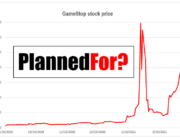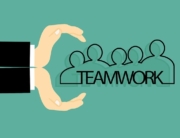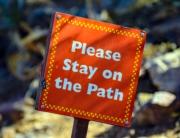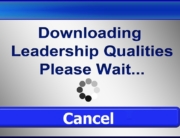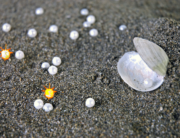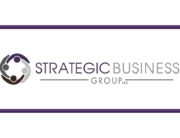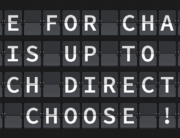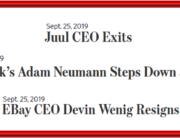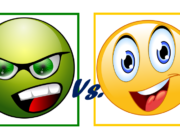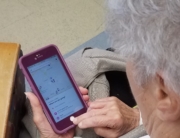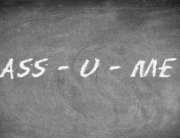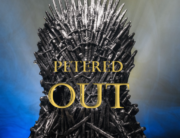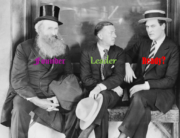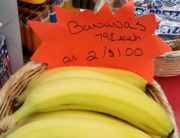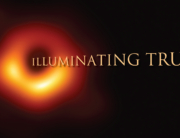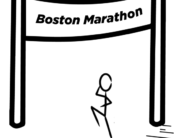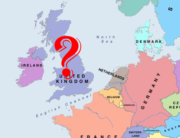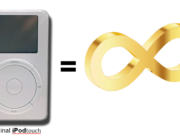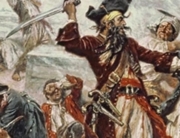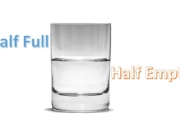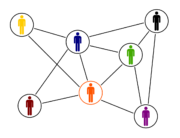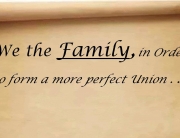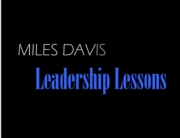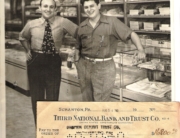The other day, I bit into a pear only to discover it was over-ripe. I kept eating it anyway. This experience led to a Lesson Found on making smart spending decisions.
After the first bite, I could have easily tossed that pear and tried one of the other pears sitting on the counter. But I thought that would be a waste of money. (A small, sickle pear, it cost a whopping 35 cents.) This reminded me of my grandmother’s stories about the “old country” where they drank tea with a sugar cube in their teeth to save money. Recognizing this as a source of my compulsion to save 35 cents, I threw away the pear and picked up an apple.
I had a client who I wished had learned this Lesson Found. Even though this owner had dreams of growth, he scrutinized every expenditure to the point of inhibiting that growth. My client eventually embraced the Lesson Found: There is a trade-off between watching costs and spending wisely.
This trade-off highlights the importance of creating a budget. The budget becomes a framework for considering additional or unexpected expenditures. How will the additional expenditures affect the budget and your bottom line? Or, are there other budgeted-expenditures which can be eliminated without significantly altering objectives or goals? Another tool is evaluating the expenditure as percent of revenue or net-profit. Is the expenditure, in reality, so inconsequential that the potential benefit outweighs the time expenditure it takes to even scrutinize the outlay?
Budgeting works when expenditures are planned. But unanticipated expenses can severely affect your budget and bottom line. Complicating the matter, these expenses often require quick decisions. In these cases, judging the difference between wasting money and a good investment is tricky, especially if you have no prior experience in that type of expenditure. This is a situation where the power of a peer group of owners pays off. More than likely, another owner in the group will have direct experience dealing with the issue or be able to guide you to a trusted source for answers. Even without that direct experience, crowd analysis for estimating costs and return has been shown to be more accurate and effective than an individual making the decision alone. This will especially be true when the group has achieved expertise through the experience of owning a business.
Interested in learning more about how peer advisory groups work and how they can benefit you and your company? If so, let me know and I can share more information about the non-competitive group I’m currently building. You can connect with me via email (mark@strategicbizgroup.com) or call me at 717-439-6254.
Life brings us lessons every day. Sometimes from expected sources. And sometimes from sources and situations we never would have thought possible. Either way, they are a gift found. I am fortunate to find these types of lessons regularly and wanted to share them with you with this weekly series of “Lessons Found”.
Did you recently receive the gift of a Lesson Found that has helped you with management, marketing or another aspect in business? I would love to hear about it. Comment below or send me an email to let me know.
ACKNOWLEDGEMENT: Image by Steve Buissinne from Pixabay









